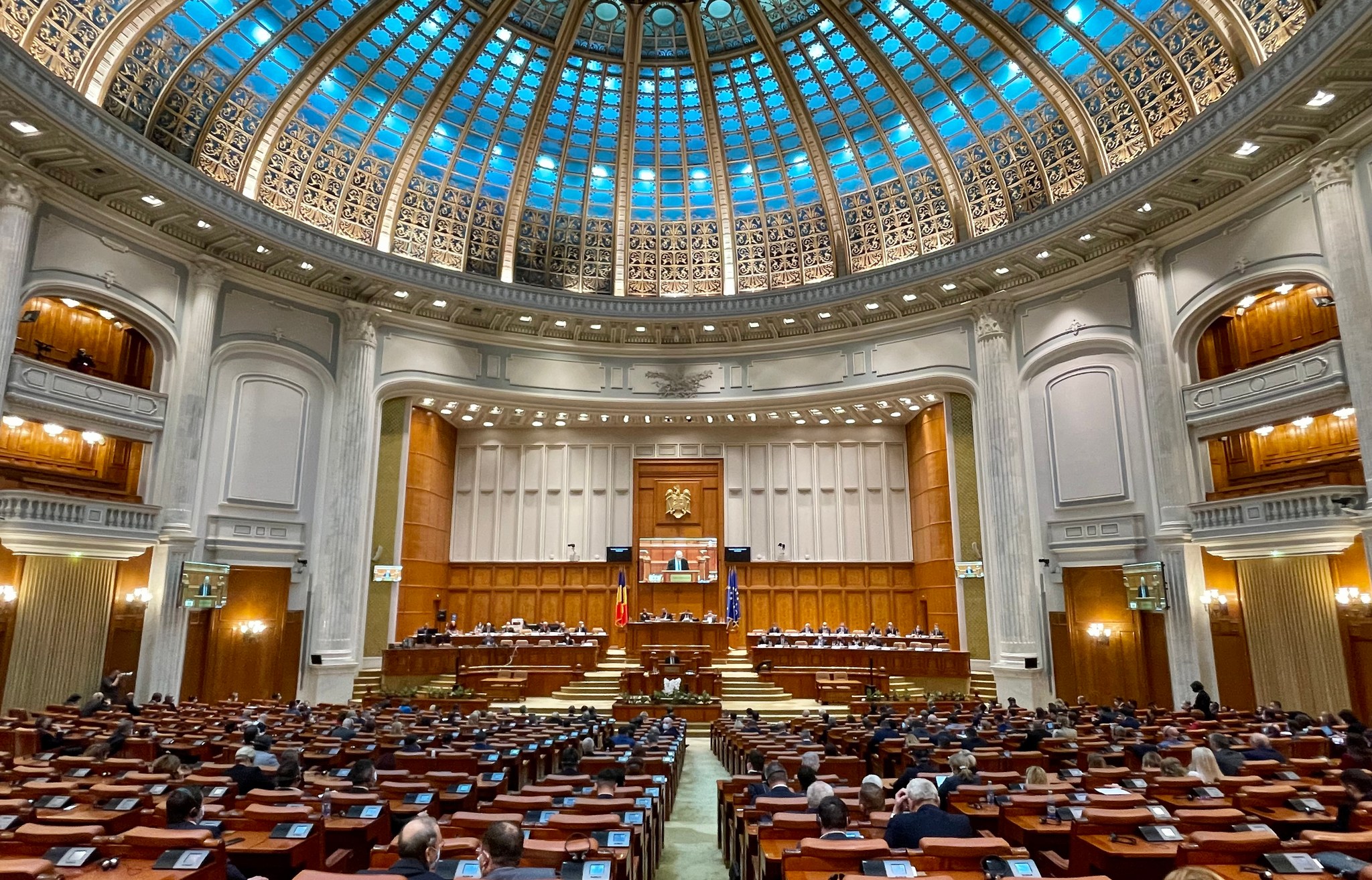A rare variant of a protein found in the cells of the human body may hold the key to transforming the treatment of breast cancer, British scientists announced, DPA/PA Media reports, Agerpres reads.
Experts believe that targeting this variant – called RAC1B – can „significantly enhance” the effectiveness of the treatment.
Researchers from the University of Manchester believe that RAC1B would have a key role in influencing the resistance of cancer cells to treatment.
At the same time, they discovered that the absence of this variant of the protein can prevent the formation of tumors, this having no harmful effects on the organs.
„For the first time, our research has demonstrated that in the absence of RAC1B, breast cancer stem cells cannot form tumors and become more vulnerable to chemotherapy, making the treatment even more effective,” said Dr. Ahmet Ucar, a breast cancer researcher. at the University of Manchester.
„RAC1B is not required for healthy cells, so targeting RAC1B with new cancer treatments is unlikely to have severe side effects,” Ucar said.
„We hope that further research will help translate these findings into targeted therapies for breast cancer patients,” added the researcher.
To demonstrate this, scientists transplanted cancer cells from mammary tumors into mice. They found that cells lacking RAC1B had not formed visible tumors after 100 days.
„It is exciting that a previously overlooked variant of a common protein could hold the key to transforming the way we treat breast cancer,” said Dr Simon Vincent, director of research at Breast Cancer Now.
„Such early-stage discoveries can help provide the foundations for major breakthroughs in the future, leading to new and effective treatments for the 55,000 women and 370 men who are diagnosed with breast cancer in the UK each year,” he said. Vincent added.
The study’s findings were published in the journal Oncogene.
Agerpres


